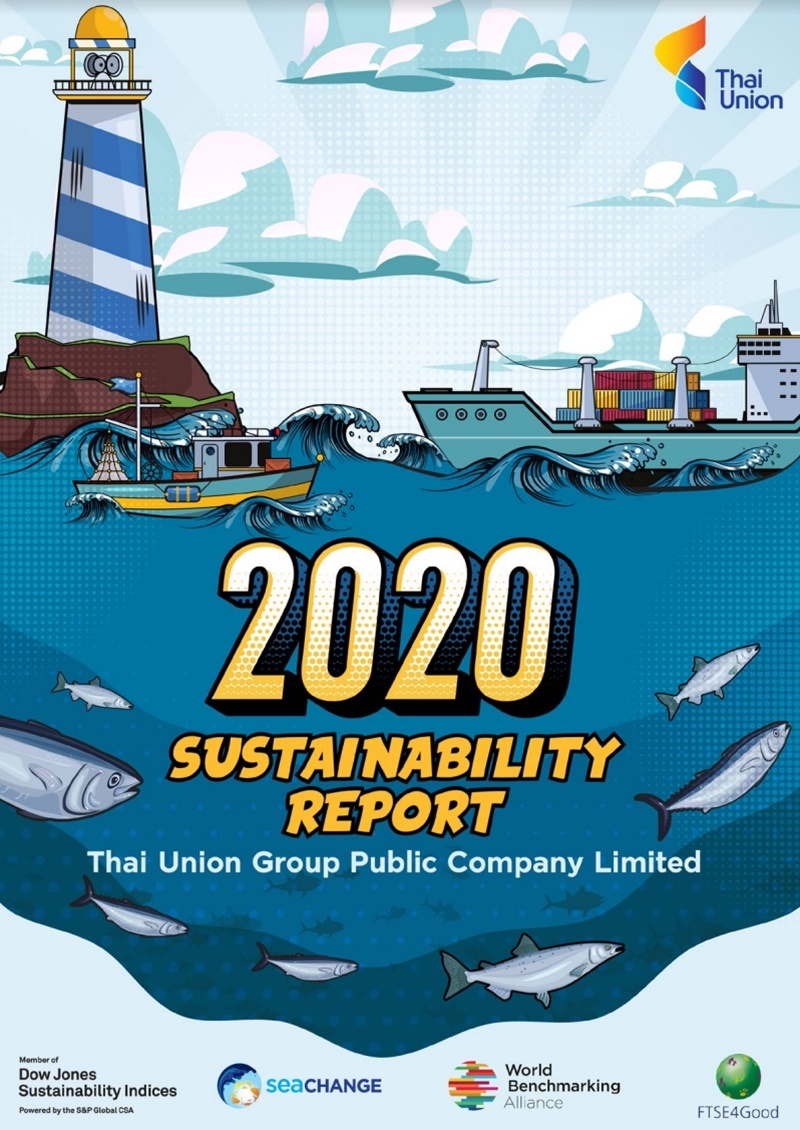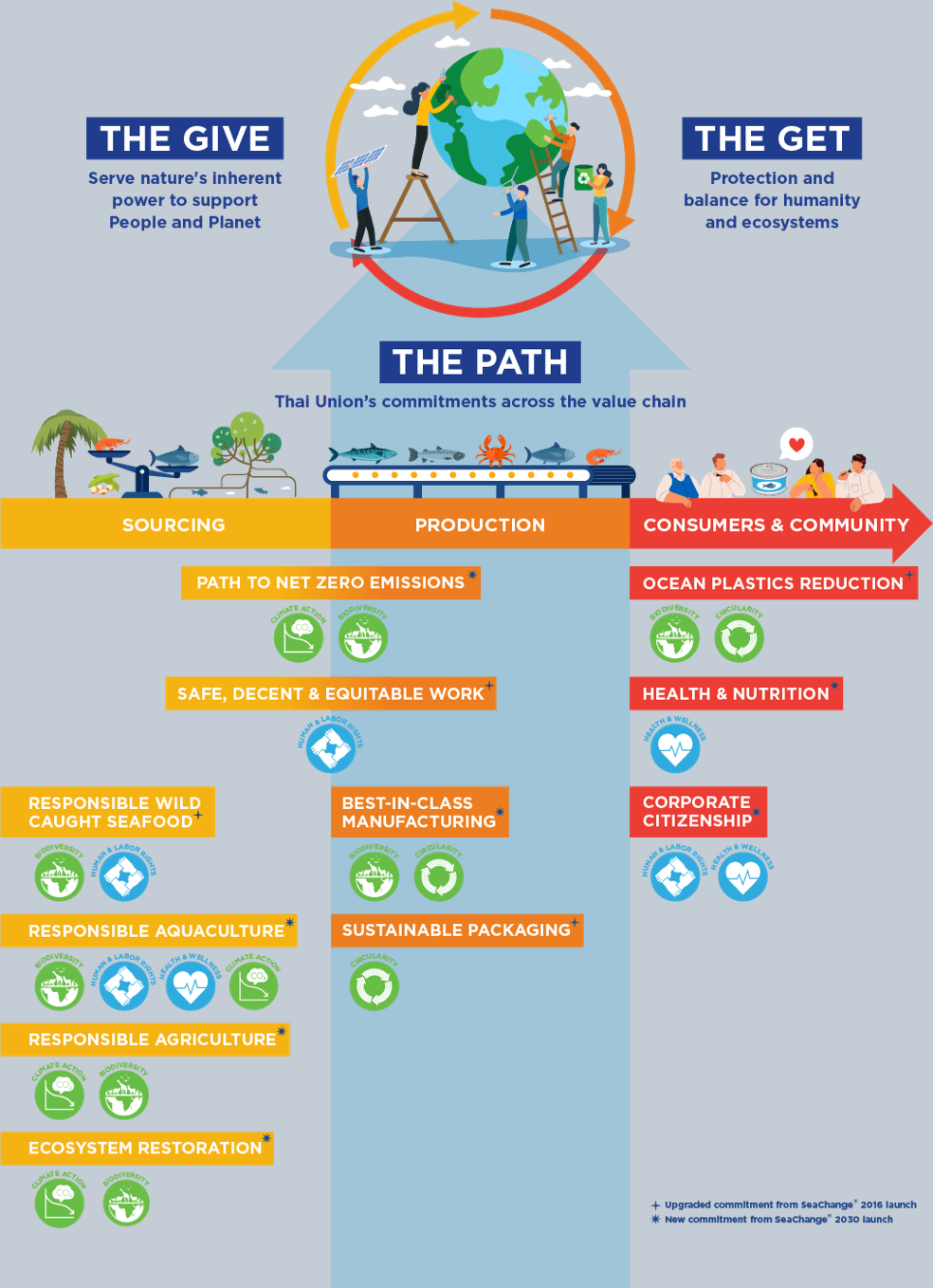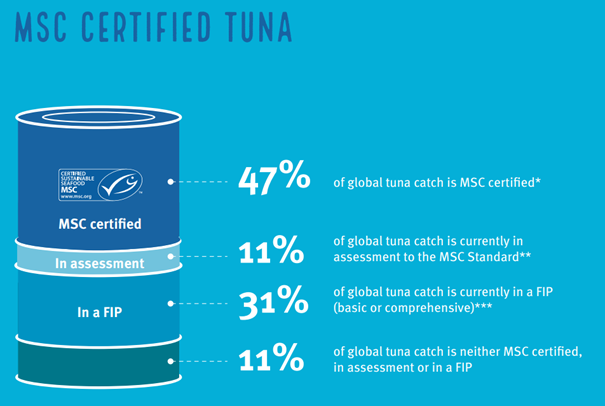Terms of Use
Please read this page before proceeding, as it contains certain legal restrictions on the dissemination of this information. The information on the websites of Bonafide Wealth Management AG is intended solely for those natural and legal persons who are permitted to access such information under the legal and regulatory provisions applicable in their country of domicile or nationality. You are responsible for informing yourself about and complying with all laws and regulations applicable to you. By accessing the websites of Bonafide Wealth Management AG and their contents, you confirm that you have read, understood, and accepted the following terms of use and legal provisions, which may be modified at any time without prior notice.
Visitors are required to truthfully indicate the applicable investor category under their own responsibility. Furthermore, visitors must accurately state their domicile before accessing the websites of Bonafide Wealth Management AG. Incorrectly specifying the investor type or domicile may result in the display of fund-related data and information that are legally restricted for the visitor. Bonafide Wealth Management AG cannot be held liable for any damages incurred by the visitor due to incorrect declarations regarding investor type and/or domicile. The data and information about funds granted to the visitor based on their provided details are exclusively intended for the specified investor type within the given domicile. By selecting "professional investor," you acknowledge that lower protective regulations may apply to you compared to non-professional investors and that you may have access to certain funds that may not be available to retail investors in your jurisdiction.
No Offer
The information contained on the websites of Bonafide Wealth Management AG does not constitute an offer or solicitation to subscribe to (or purchase) or redeem (or sell) shares in any of the funds mentioned on these websites or to enter into any legal transaction but is provided for informational purposes only. Investment or other decisions should not be made solely based on the information contained on the websites of Bonafide Wealth Management AG.
In general, no investment should be made without first reading the fund prospectus, the trust agreement or articles of association, the key investor information document (where applicable), annual and semi-annual reports, and other relevant materials required in jurisdictions where the respective fund is authorized for distribution.
These documents can be requested free of charge from:
Bonafide Wealth Management AGHöfle 30FL-9496 Balzers
Investors should only make investment decisions after consulting with their legal, tax, and financial advisors, auditors, or other experts regarding the suitability of an investment in view of their personal financial and tax situation and other circumstances.
Taxes
The tax treatment of investments depends on the personal circumstances of each investor and is subject to potential changes. Investors should consult their professional advisors regarding the tax implications of holding, acquiring, and disposing of fund shares.
Sales Restrictions
Shares of Bonafide Wealth Management AG's funds are not authorized for distribution in all countries worldwide. The issuance, exchange, and redemption of shares abroad are subject to the regulations applicable in the respective jurisdictions. The information provided on the websites of Bonafide Wealth Management AG is not intended for distribution to or use by any natural or legal persons in jurisdictions or countries where such distribution or use would violate local laws and regulations. Persons affected by such prohibitions must not access the websites of Bonafide Wealth Management AG.
The shares of the funds have not been registered under the United States Securities Act of 1933 and may therefore neither be offered nor sold in the United States nor to U.S. persons. The term "U.S. persons" includes, among others, natural persons who:
(a) were born in the United States or one of its territories; (b) are naturalized citizens or Green Card holders; (c) were born abroad to a U.S. citizen parent; (d) reside predominantly in the United States without being U.S. citizens; (e) are married to a U.S. citizen; (f) are subject to U.S. tax obligations. Additionally, the term "U.S. persons" includes entities such as: (a) investment companies and corporations incorporated under the laws of any U.S. state or the District of Columbia; (b) investment companies or partnerships established under an "Act of Congress"; (c) pension funds organized as U.S. trusts; (d) investment companies subject to U.S. taxation; (e) entities deemed "U.S. persons" under Regulation S of the U.S. Securities Act of 1933 and/or the U.S. Commodity Exchange Act. In general, fund shares may not be offered in jurisdictions where such offerings are not legally permitted.
Performance
The performance of a fund depends on its investment policy as well as market developments of its individual investments and cannot be predetermined. The value of fund shares may rise or fall at any time compared to the issue price. There is no guarantee that investors will recover their invested capital. The performance figures displayed do not account for subscription or redemption fees. Past performance is not indicative of future results.
Access to Other Websites
By using links on the website of Bonafide Wealth Management AG, you may access external websites. The use of such links is at your own risk. Bonafide Wealth Management AG assumes no liability for the content of external websites accessed through these links.
Disclaimer
The information provided on the websites of Bonafide Wealth Management AG is published in good faith. Neither Bonafide Wealth Management AG nor any other party provides explicit or implicit assurances or guarantees regarding the accuracy, timeliness, or completeness of the information.
Investors should be aware that:
- Fund prices may both increase and decrease;
- Past performance is not necessarily indicative of future performance;
- Investments in foreign currencies are subject to exchange rate fluctuations;
The net asset value depends on whether the redemption price exceeds or falls below the subscription price paid by the investor.
All data available on the websites of Bonafide Wealth Management AG are based on sources deemed reliable and have been carefully selected. However, all available information is provided to users "as is" without warranties regarding quality, originality, non-infringement of intellectual property, or suitability for a particular purpose.
Bonafide Wealth Management AG assumes no liability for third-party content available on or accessible through its websites. Bonafide Wealth Management AG shall not be held liable for any losses or direct, indirect, incidental, special, or consequential damages arising from the use of the information on these websites.
Intellectual Property Rights
The information on these websites is protected by copyright and may not be distributed or reproduced, in whole or in part, without the written consent of Bonafide Wealth Management AG.





Comments